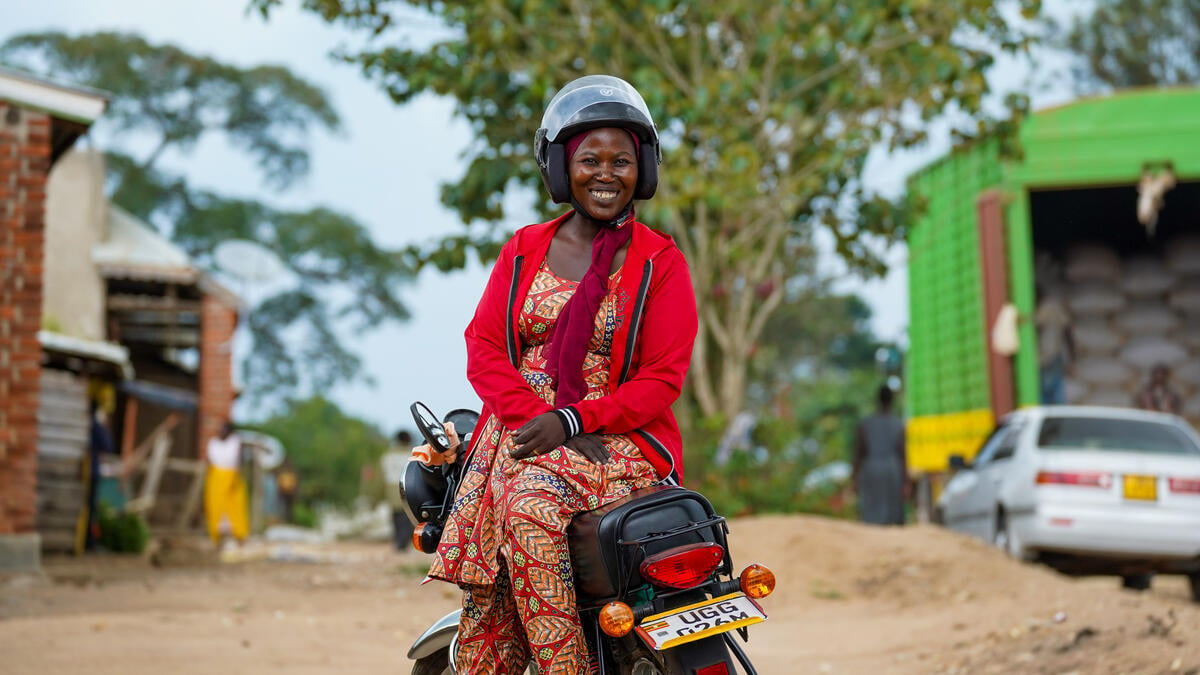UNHCR worries over refugees in eastern Zaire
UNHCR worries over refugees in eastern Zaire
The United Nations High Commissioner for Refugees expressed grave concern today about the refugee situation in eastern Zaire.
"The options are limited and stark, and things are getting worse not better," said High Commissioner Sadako Ogata in a statement issued in Geneva.
UNHCR is coordinating relief efforts for more than 200,000 refugees in Shabunda, Tingitingi and Amisi. It is looking at ways of repatriating those who want to go home. Delivery of emergency assistance remains difficult. In Shabunda, the airfield is waterlogged five out of seven days a week. UNHCR, the only agency present in Shabunda, has managed to set up health facilities with assistance from locals and refugees and reactivate and chlorinate water systems unused since agencies departed in December because of security conditions
However, despite best efforts of UNHCR and its partners, Ogata said it was impossible to meet even the lifesaving needs of the most vulnerable refugees. Insurmountable logistical difficulties in operating in refugee hosting areas are compounded by lack of security for people in need and staff of international agencies.
"There is now a trickle of food coming through the international organizations," said UNHCR's Dillah Doumaye, who heads operations in the region, referring to some areas. "However, the situation is extremely precarious, and if things do not improve, we will head toward a humanitarian disaster."
Many refugees, especially children, have already died from malnutrition or disease. In addition, the refugees risk finding themselves in the midst of war, as the conflict in Zaire moves closer to them.
"While UNHCR, with its partners, is continuing to do what it can, and is in contact with authorities at the highest level, humanitarian organizations alone have little influence on events that threaten the lives of large numbers of refugees, and indeed of many Zairian civilians," Ogata said.
Another problem is that many refugees remain under the control of the former Rwandan leadership, elements of which are armed. Separation of these people and the refugees is even more difficult now than in the previous camps.
Many refugees have indicated to UNHCR that they wish to repatriate to Rwanda. But repatriation would require a safe passage through the conflict zone and security and assistance along the route.









